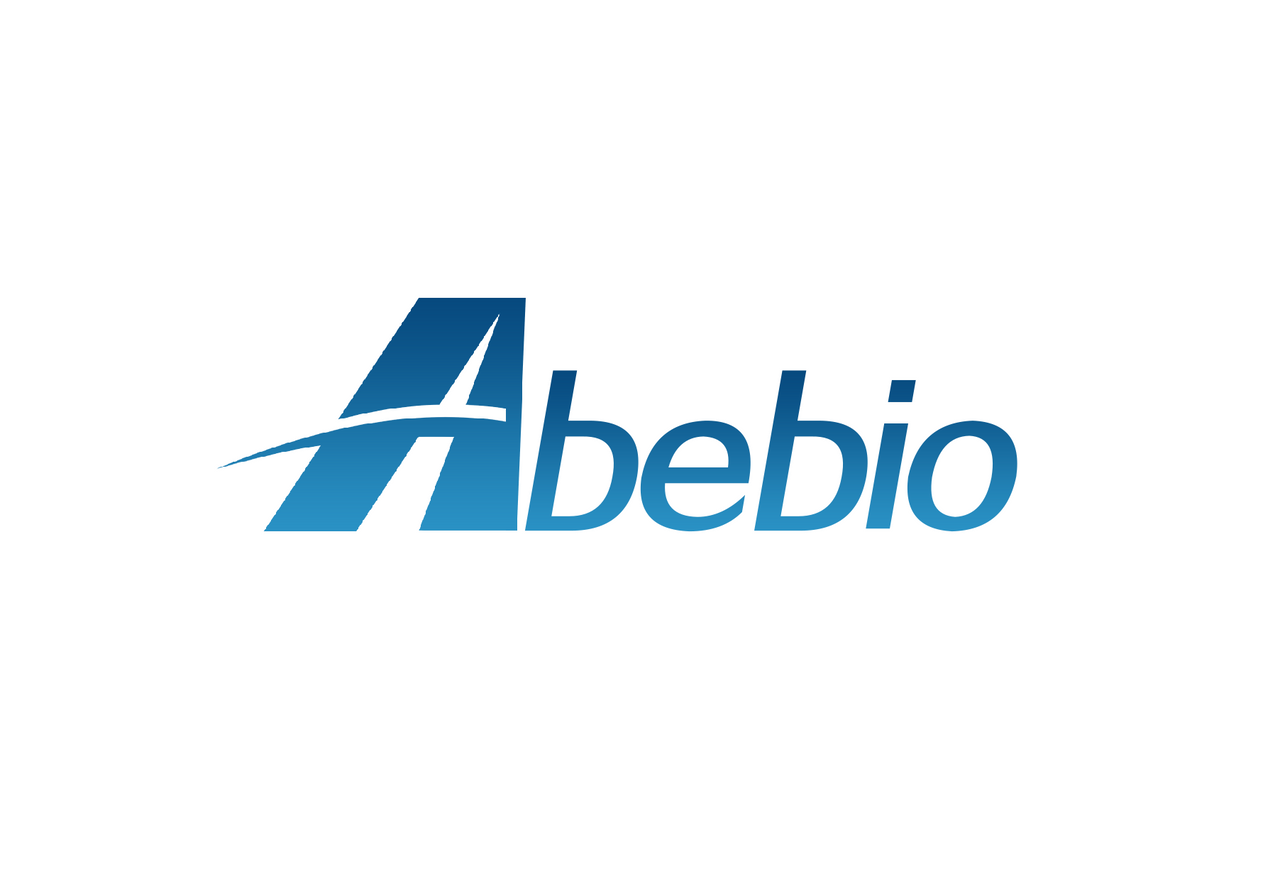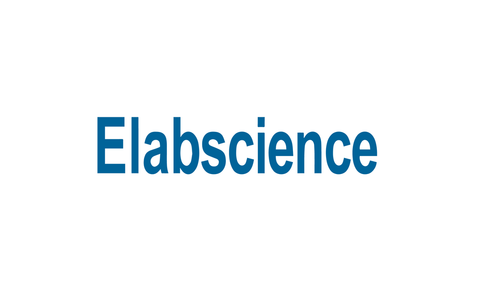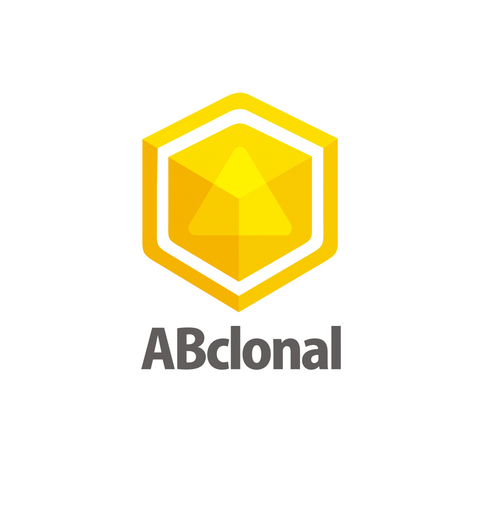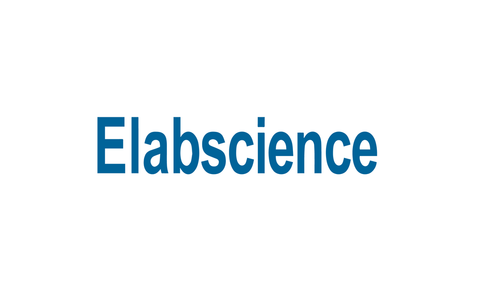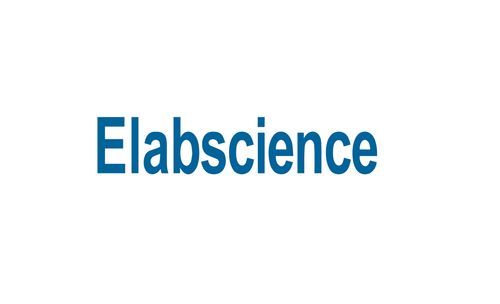Product Description
Rat Myc proto-oncogene protein (MYC) ELISA Kit | AE58275RA | Abebio
Species Reactivity: Rat (Rattus norvegicus)
Abbreviation: MYC
Alternative Name: MRTL; bHLHe39; c-Myc; avian myelocytomatosis viral oncogene homolog|myc proto-oncogene protein|myc-related translation/localization regulatory factor|v-myc avian myelocytomatosis viral oncogene homo
Application: ELISA
Range: 0.156-10 ng/mL
Sensitivity: 0.062 ng/mL
Intra-Assay: ≤4.9%
Inter-Assay: ≤9.1%
Recovery: 0, 89
Sample Type: Serum, Plasma, Other biological fluids
Detection Method: Sandwich
Analysis Method : Quantitive
Test Principale: This assay employs a two-site sandwich ELISA to quantitate MYC in samples. An antibody specific for MYC has been pre-coated onto a microplate. Standards and samples are pipetted into the wells and anyMYC present is bound by the immobilized antibody. After removing any unbound substances, a biotin-conjugated antibody specific for MYC is added to the wells. After washing, Streptavidin conjugated Horseradish Peroxidase (HRP) is added to the wells. Following a wash to remove any unbound avidin-enzyme reagent, a substrate solution is added to the wells and color develops in proportion to the amount of MYC bound in the initial step. The color development is stopped and the intensity of the color is measured.
Product Overview: Myc (cMyc) is a protooncogene, which is overexpressed in a wide range of human cancers. When it is specifically-mutated, or overexpressed, it increases cell proliferation and functions as an oncogene. Myc gene encodes for a transcription factor that regulates expression of 15% of all genes through binding on Enhancer Box sequences (E-boxes) and recruiting histone acetyltransferases (HATs) . Myc belongs to Myc family of transcription factors, which also includes N-Myc and L-Myc genes. Myc-family transcription factors contain the bHLH/LZ (basic Helix-Loop-Helix Leucine Zipper) domain.Myc protein is a transcription factor that activates expression of a great number of genes through binding on consensus sequences (Enhancer Box sequences (E-boxes) ) and recruiting histone acetyltransferases (HATs) .
Stability: The stability of ELISA kit is determined by the loss rate of activity. The loss rate of this kit is less than 5% within the expiration date under appropriate storage condition. The loss rate was determined by accelerated thermal degradation test. Keep the kit at 37°C for 4 and 7 days, and compare O.D.values of the kit kept at 37°C with that of at recommended temperature. (referring from China Biological Products Standard, which was calculated by the Arrhenius equation. For ELISA kit, 4 days storage at 37°C can be considered as 6 months at 2 - 8°C, which means 7 days at 37°C equaling 12 months at 2 - 8°C) .
 Euro
Euro
 USD
USD
 British Pound
British Pound
 NULL
NULL

